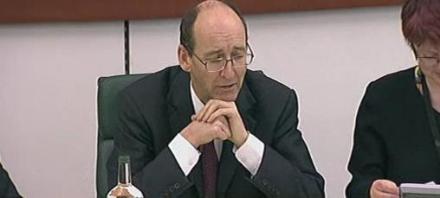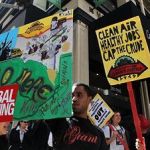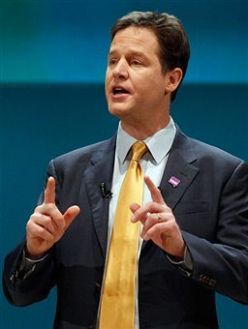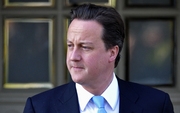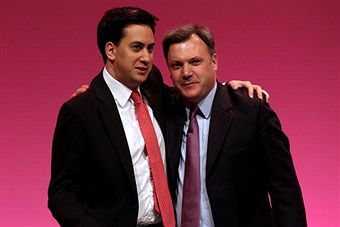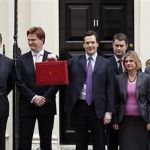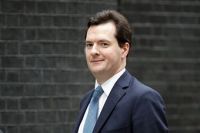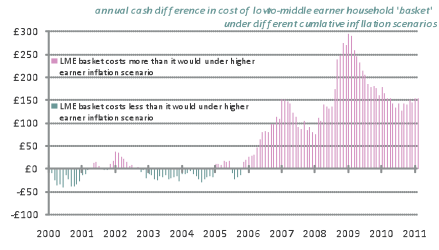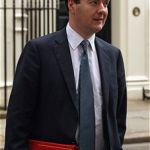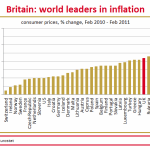Clearing up after the storm
The recession has made Britain’s banks less competitive and they should be broken up, concludes the Treasury Select Committee. As the banking system spiralled towards oblivion in 2008, the market became more concentrated. ‘The financial crisis has resulted in significant consolidation of the UK retail market. Well known firms such as HBOS, Alliance & Leicester and Bradford and Bingley have either exited the market or merged with rival firms. A large number of building societies have merged, undermining the diversity of provision in the sector. Whilst these ‘rescues’ were necessary in order to preserve financial stability, the consequence has been to reduce competition and choice in the market.’ Each merger
